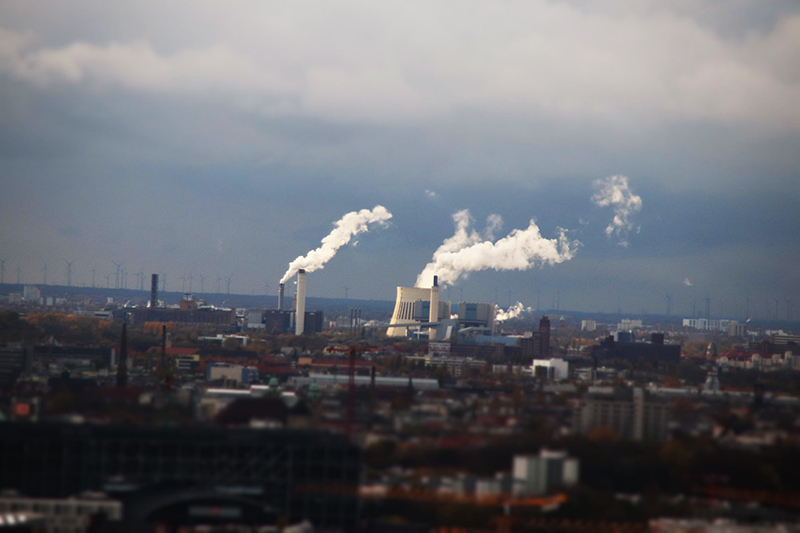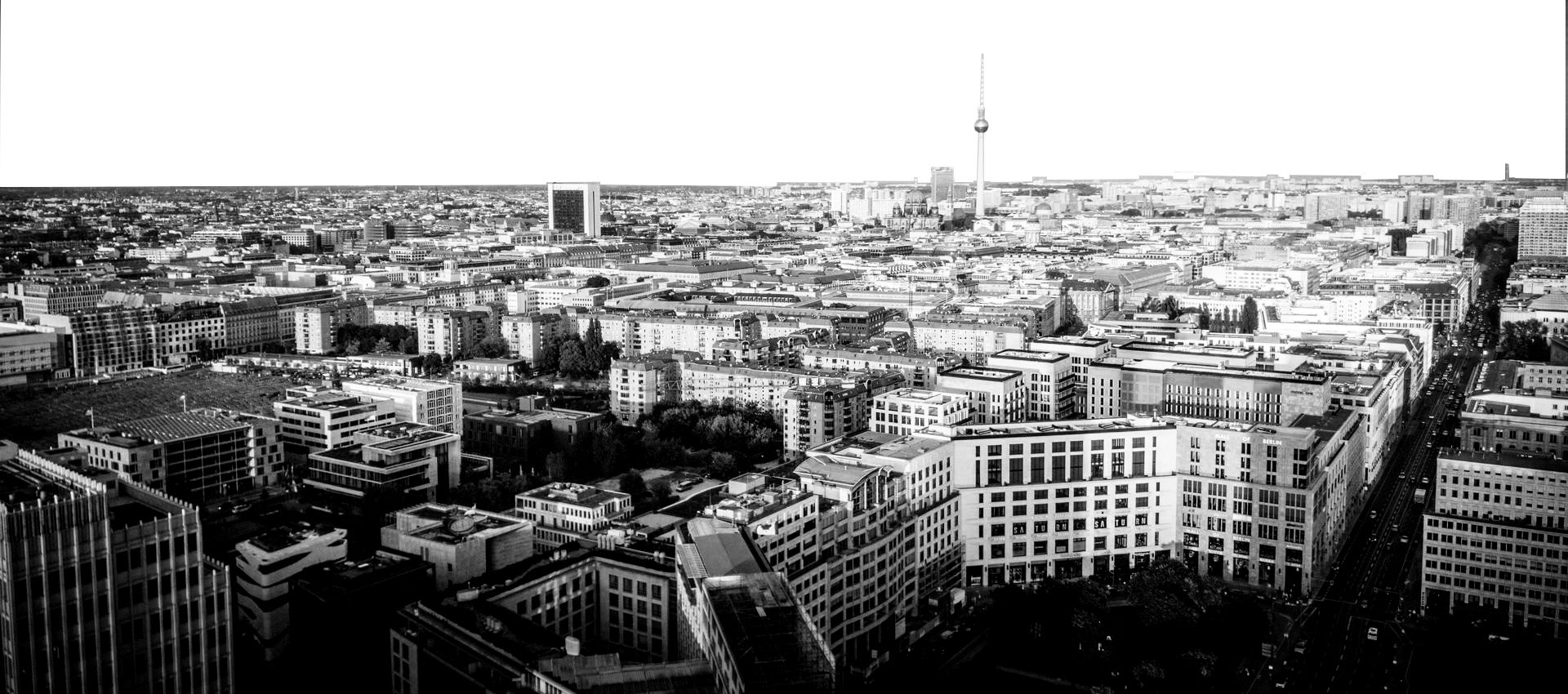On 8 September 2023, the new Heating Law (Gebäudeenergiegesetz, GEG) was passed, after the first draft had already been presented in April 2023. Originally, it was planned that newly installed heating systems must be powered by at least 65% renewable energy. However, this requirement is currently applicable only to new buildings in new development areas and for buildings for which a construction application is submitted on or after January 1, 2024.

The regulations for new buildings differ depending on whether they are in new development areas or not. In new buildings outside of new development areas, the installation of gas heating systems remains possible, provided they can be converted to hydrogen.
For older buildings, it is possible to install gas heating systems even if they do not meet the 65% renewable energy share. In large cities, however, it is still required that the city or municipalities submit heat plans before owners or landlords have to take action. Large cities such as Berlin have until 2026 to prepare and submit such a heat plan. As long as there is no heat plan, nothing changes for existing buildings.
In existing buildings, defective heating systems may still be repaired. Only if a heating system is irreparable, it must be converted, starting no earlier than 2028, to achieve the 65% renewable energy target. Homeowners have at least 3 years to implement this requirement, while for multi-family houses it can even be up to 10 years.
In Berlin, a scientific study has already been launched that serves as the basis for the heat plan and is to create a "Heat Plan 1.0" by 2026.
In Brandenburg, on the other hand, a final heat plan is not expected to be presented until 2028 at the earliest.
The "65% target" for newly installed heating systems in new buildings from 2024 stipulates that they must be powered by at least 65% renewable energy. Various options are available to achieve this target:
-
the expansion of district heating networks in order to connect a larger number of buildings to this environmentally friendly heat supply.
-
the conversion of existing district heating networks to renewable energies by 2030.
-
the use of heat pumps or solar thermal systems that use the sun's energy to heat water in collectors.
-
the use of direct current heating systems.
-
the use of oil heating in combination with heat pumps, but only on particularly cold days.
It should be noted that wood fireplaces and pellet heating systems may continue to be used in existing buildings as well as in new buildings.
To encourage landlords to modernize their heating systems and to support them in taking advantage of subsidy offers, it is envisaged that landlords who invest in new, environmentally friendly heating systems and benefit from government subsidies should be entitled to a "further modernization allocation", provided that the tenants derive financial benefits from these measures.
It should be noted that a state subsidy is still in the planning stage and has not yet been finally decided.
From January 2024, it will be mandatory for the sale of new heating systems to be accompanied by advice from state-certified and certified energy consultants.
From 2026, the installation of oil-only heating systems will no longer be permitted, as stipulated in the GEG (Building Energy Act). The only exception is oil hybrid heating systems, which will continue to be permitted.
The year of manufacture or age of a heating system can be found on the type plate of the heating system. In addition, this information can be researched in the chimney sweep's logs, old construction documents or invoices.
Berlin, 27.09.2023


